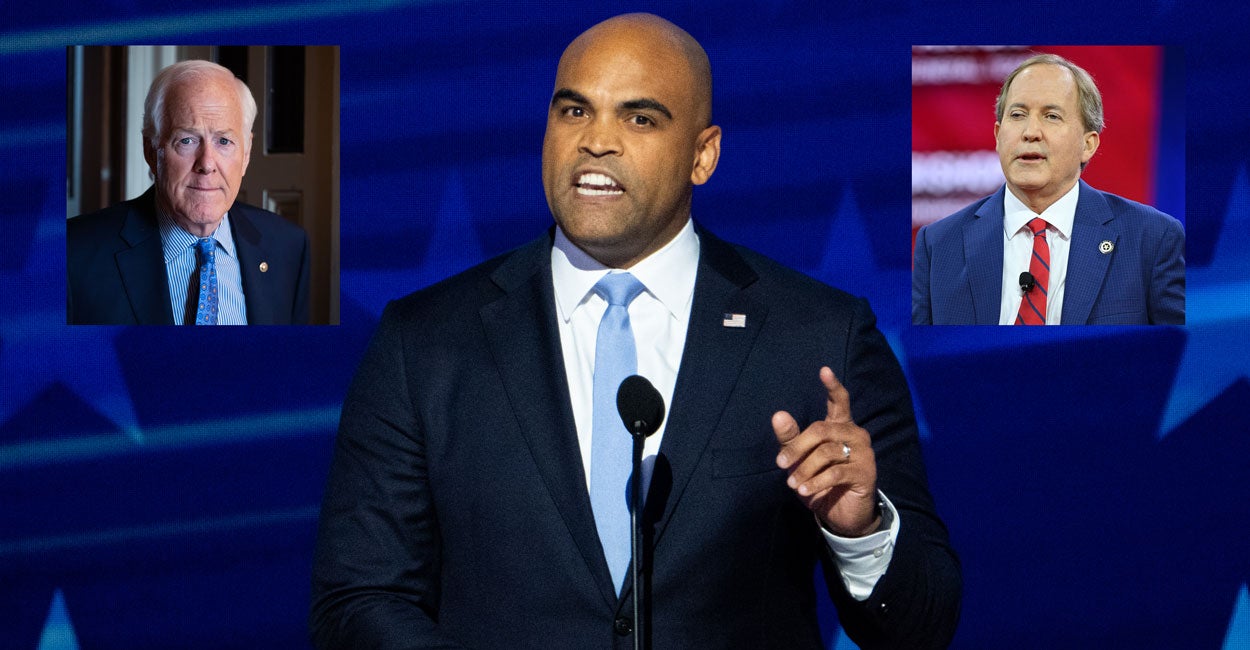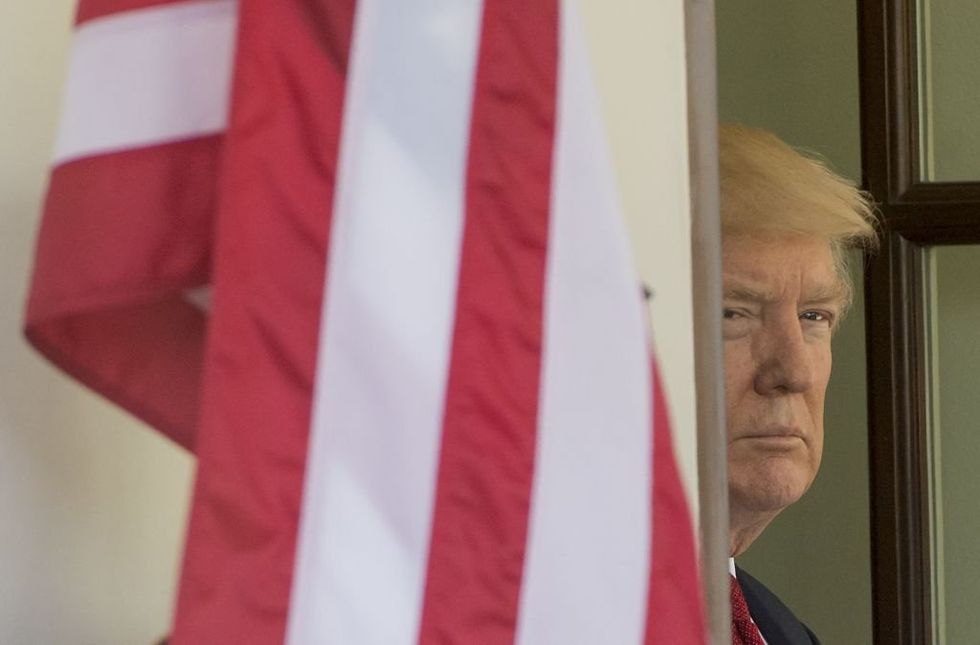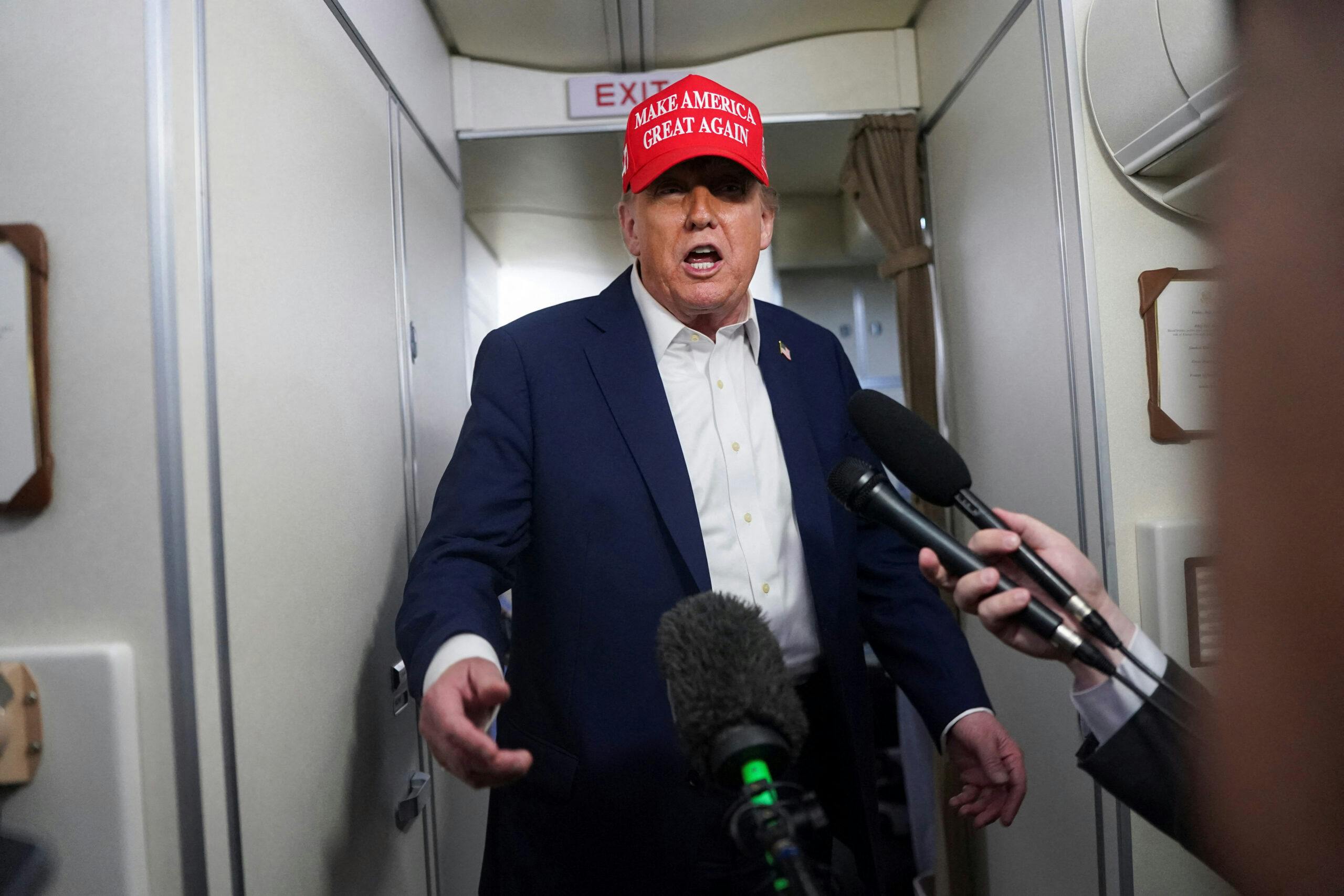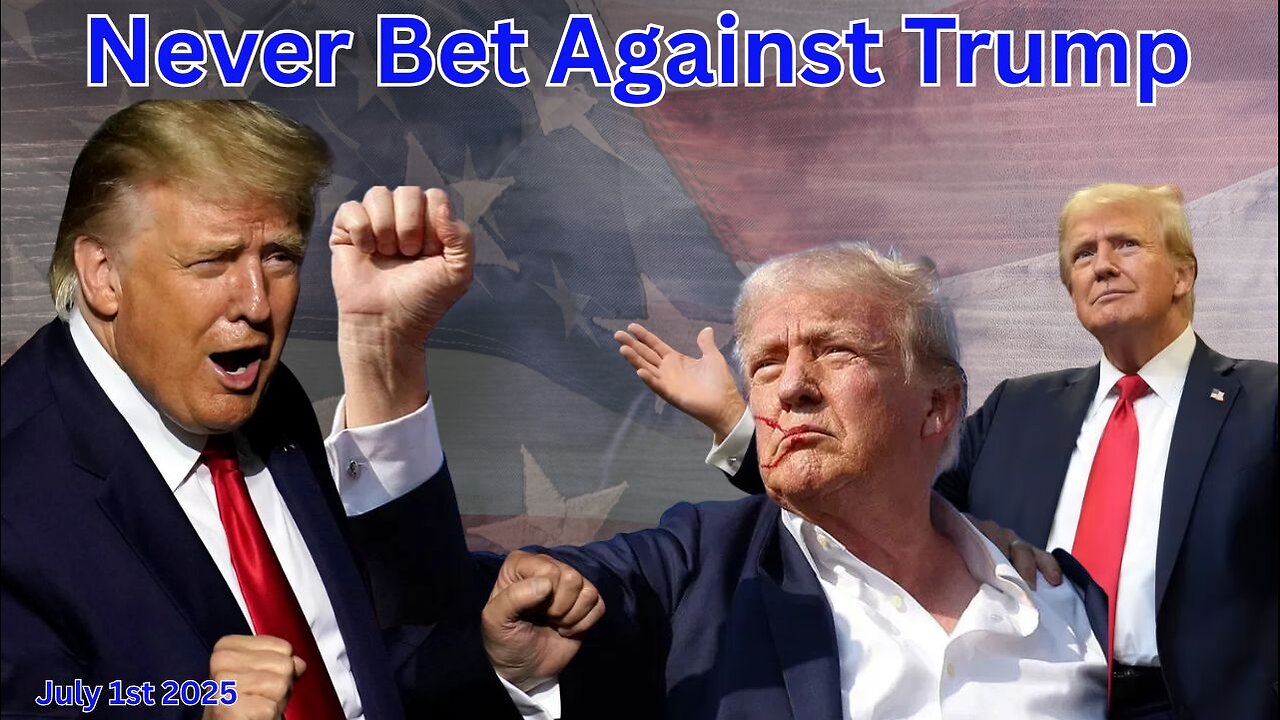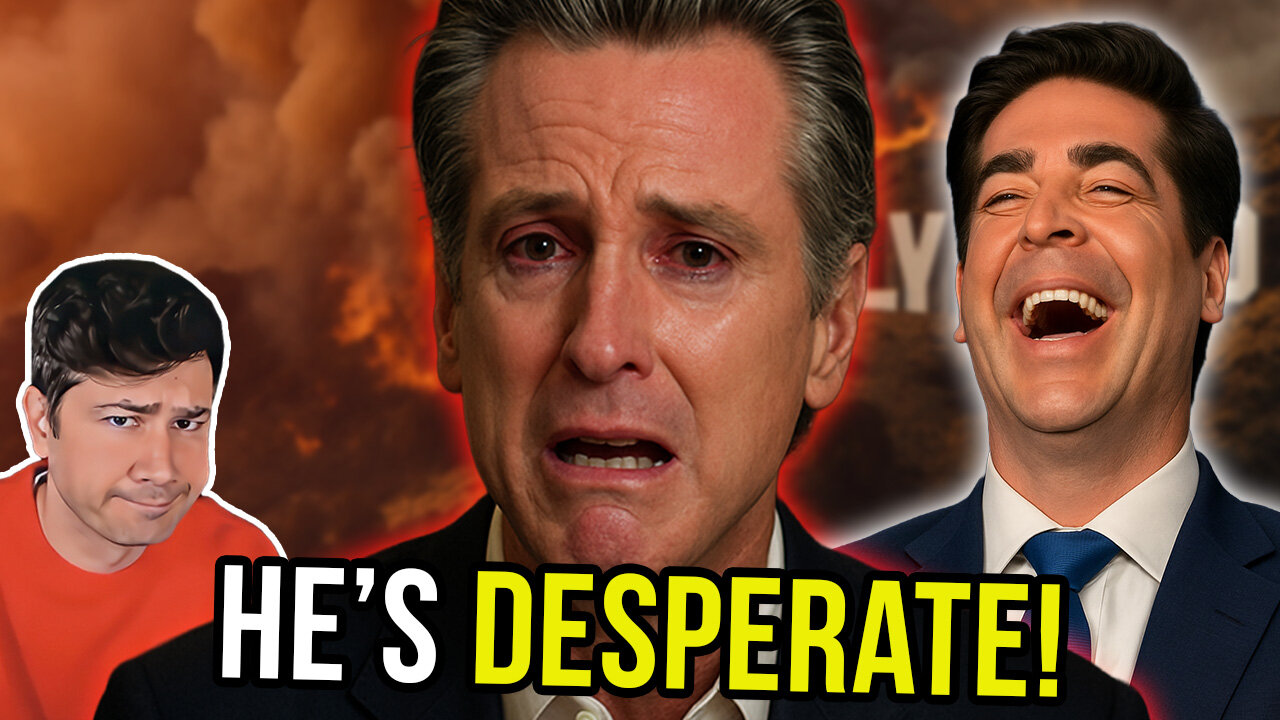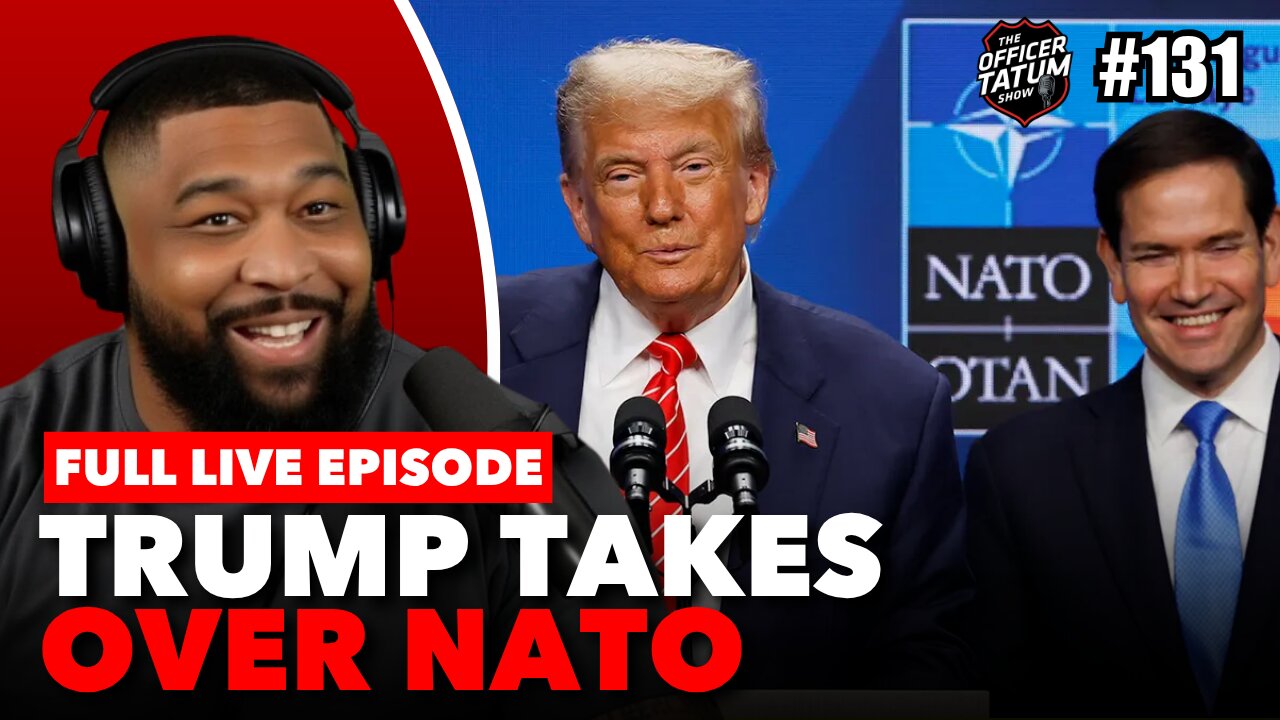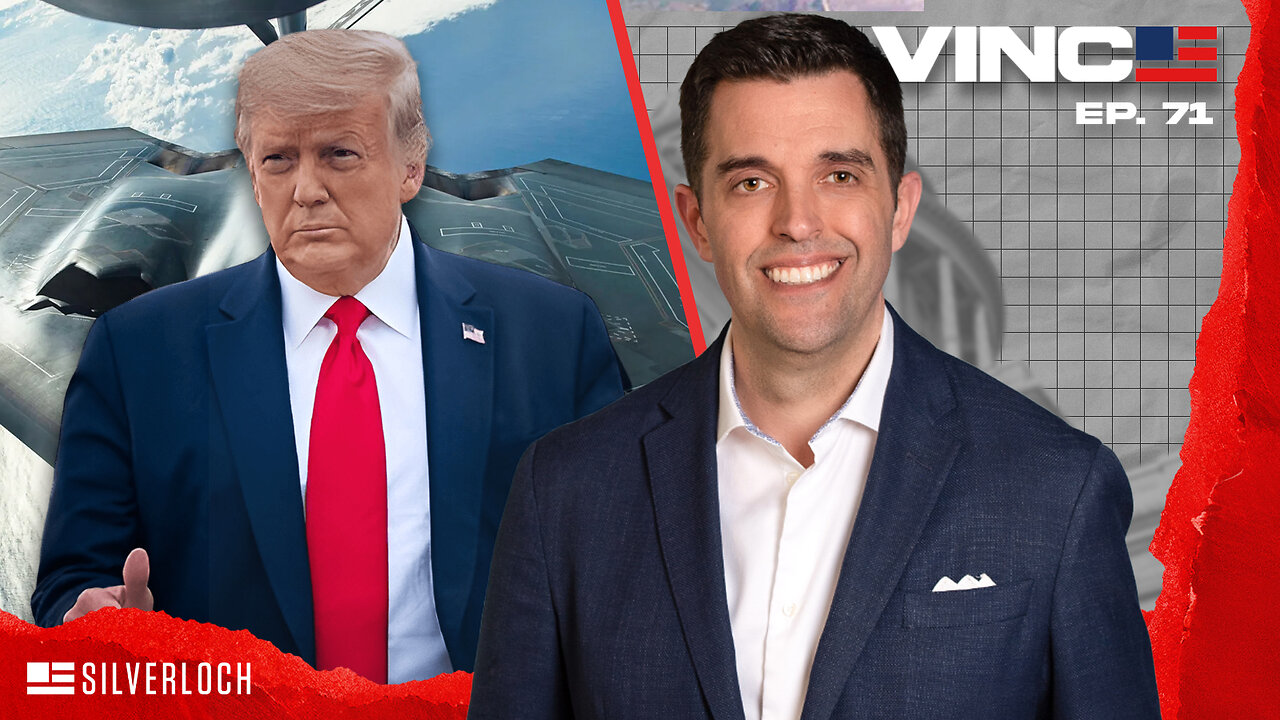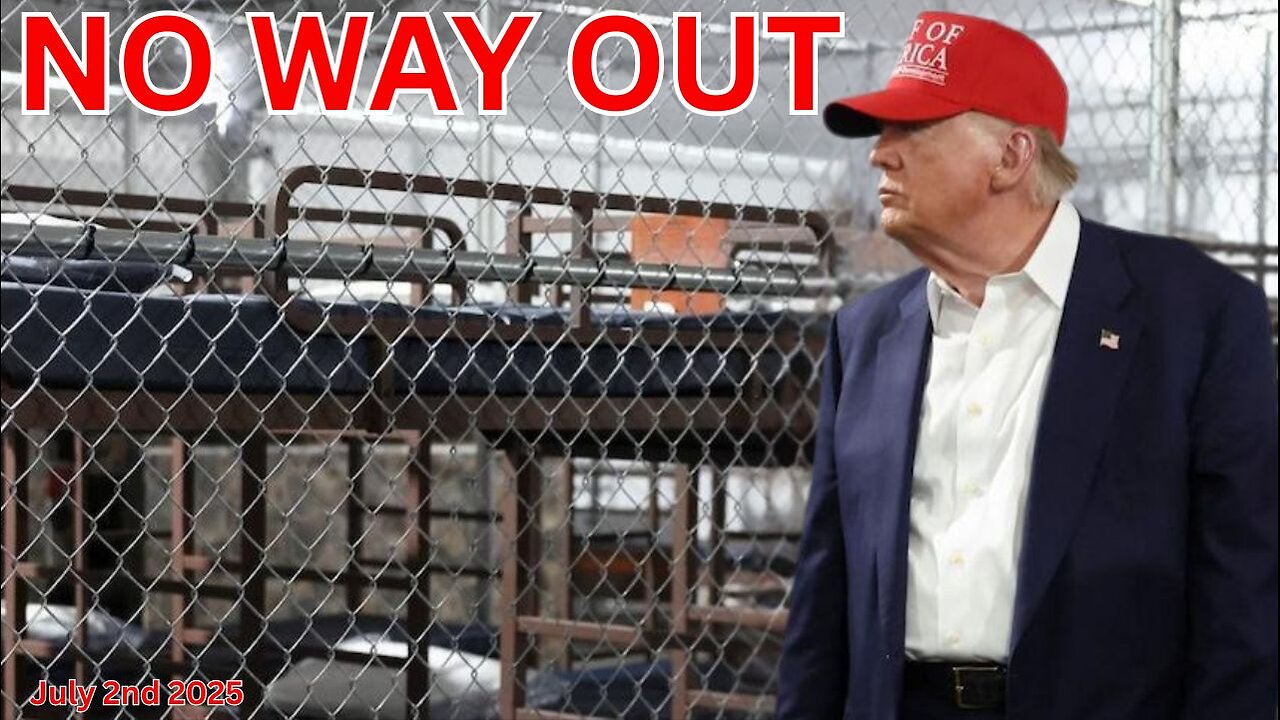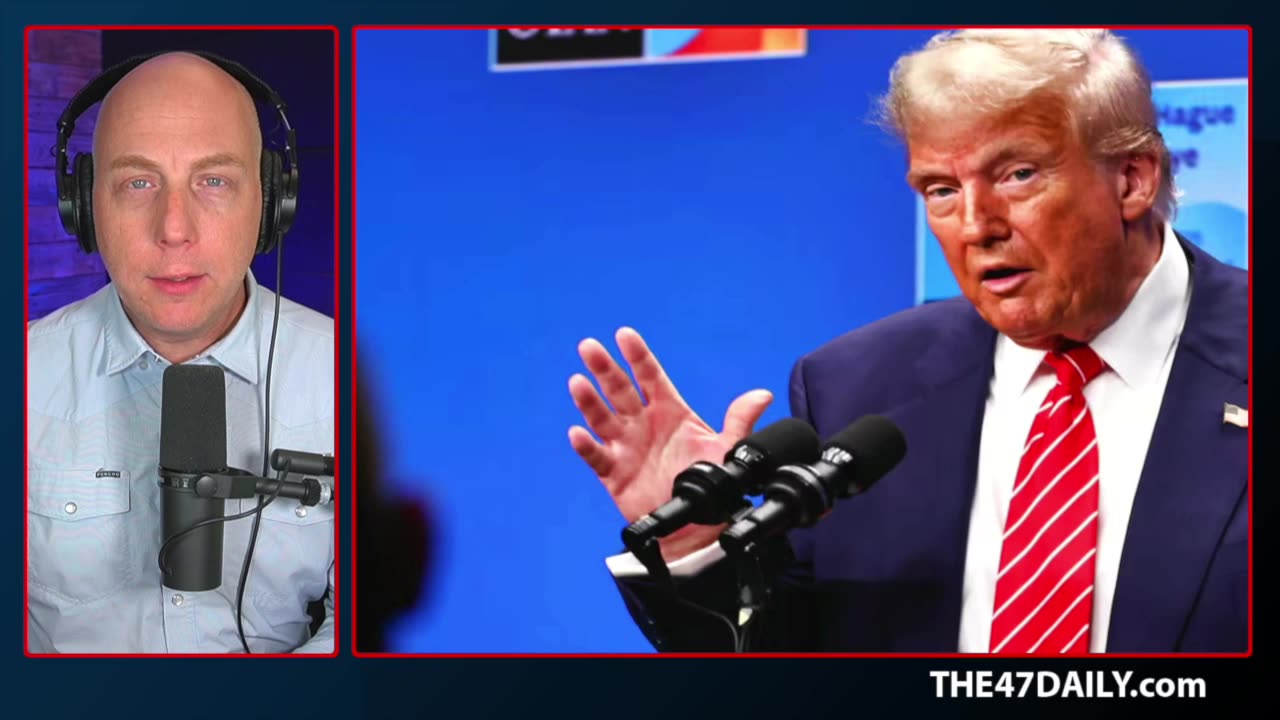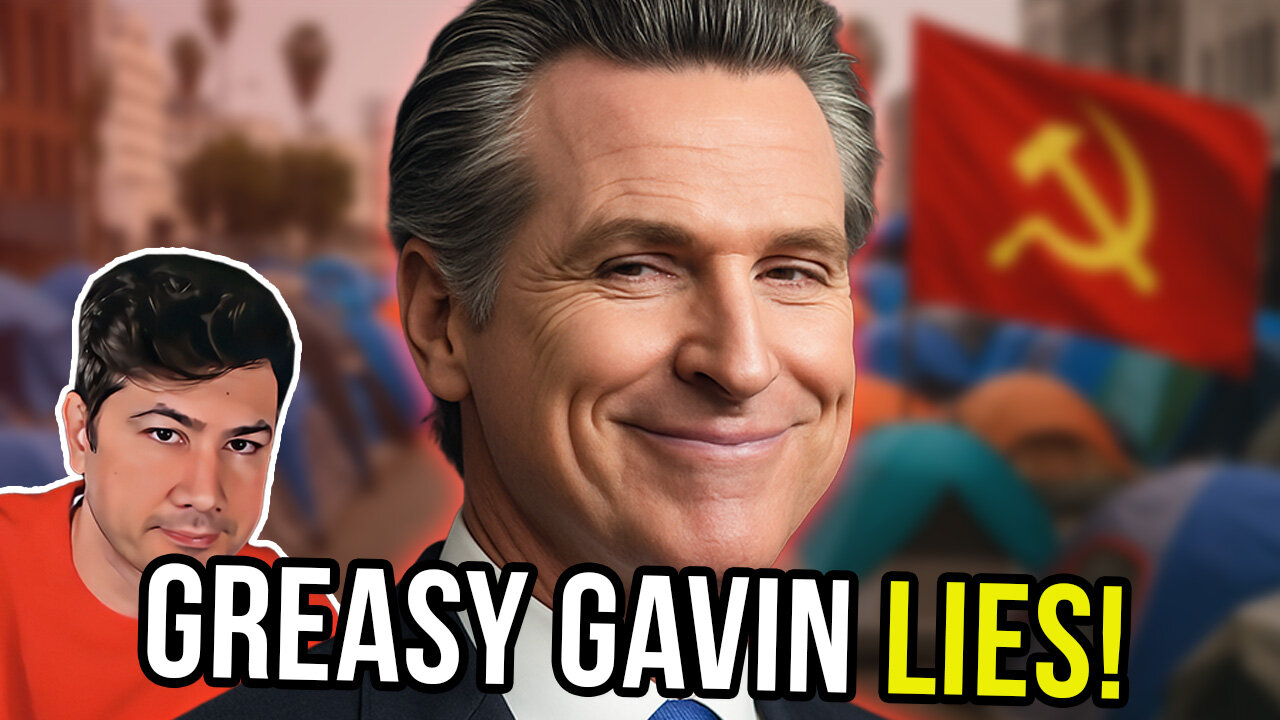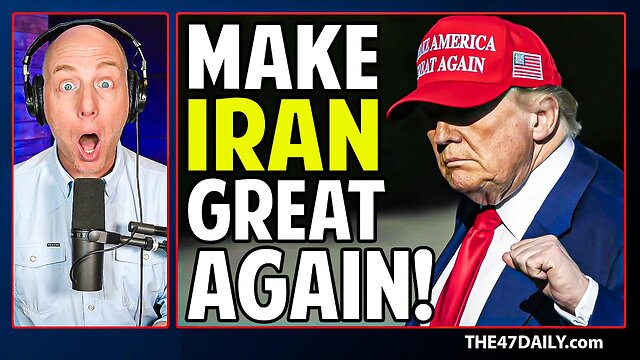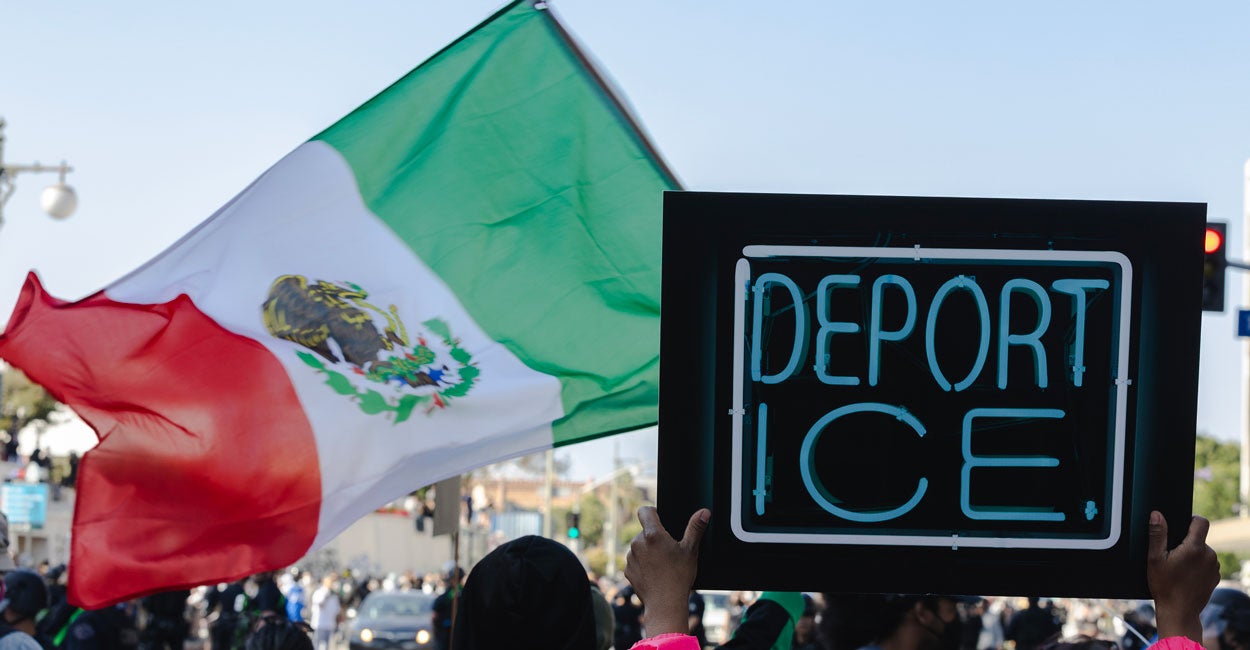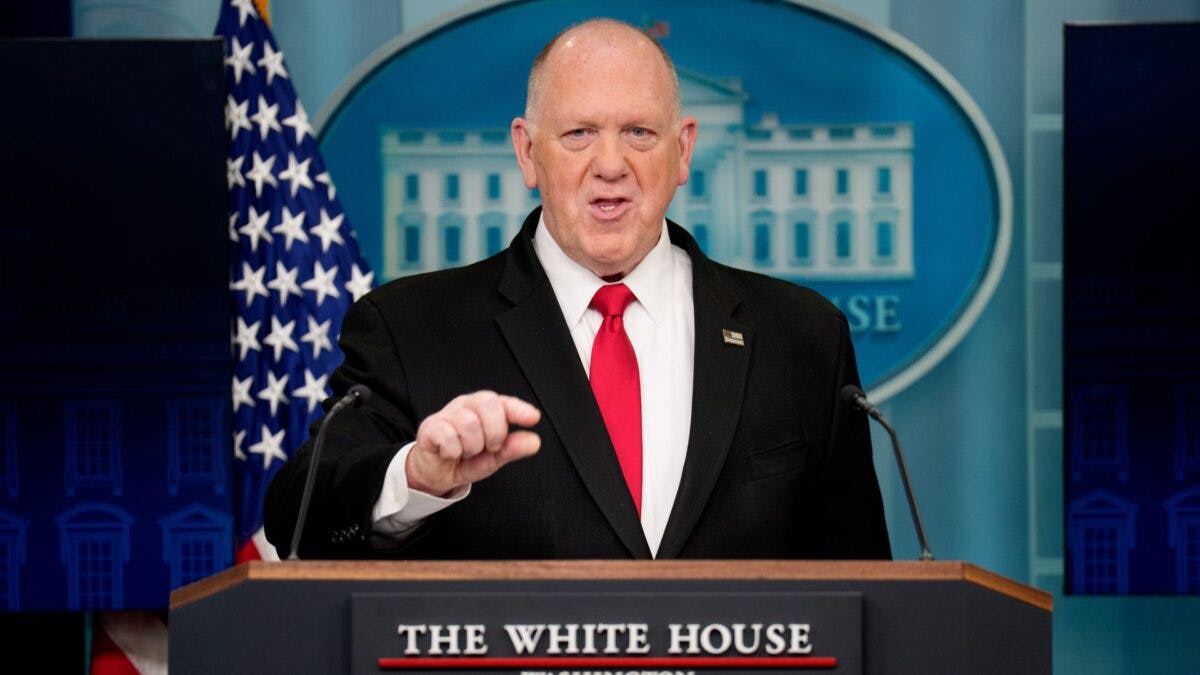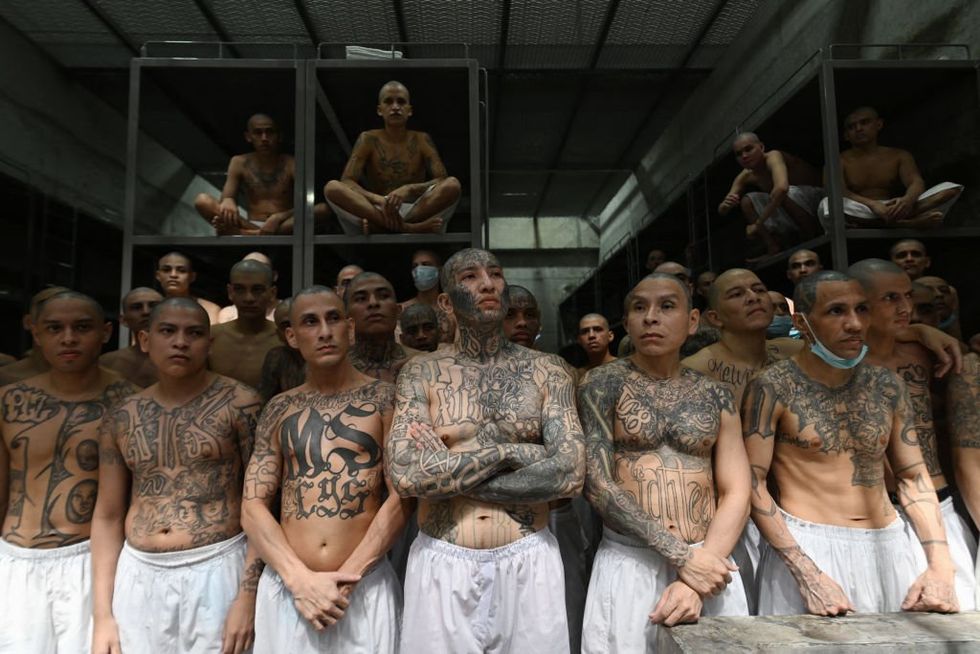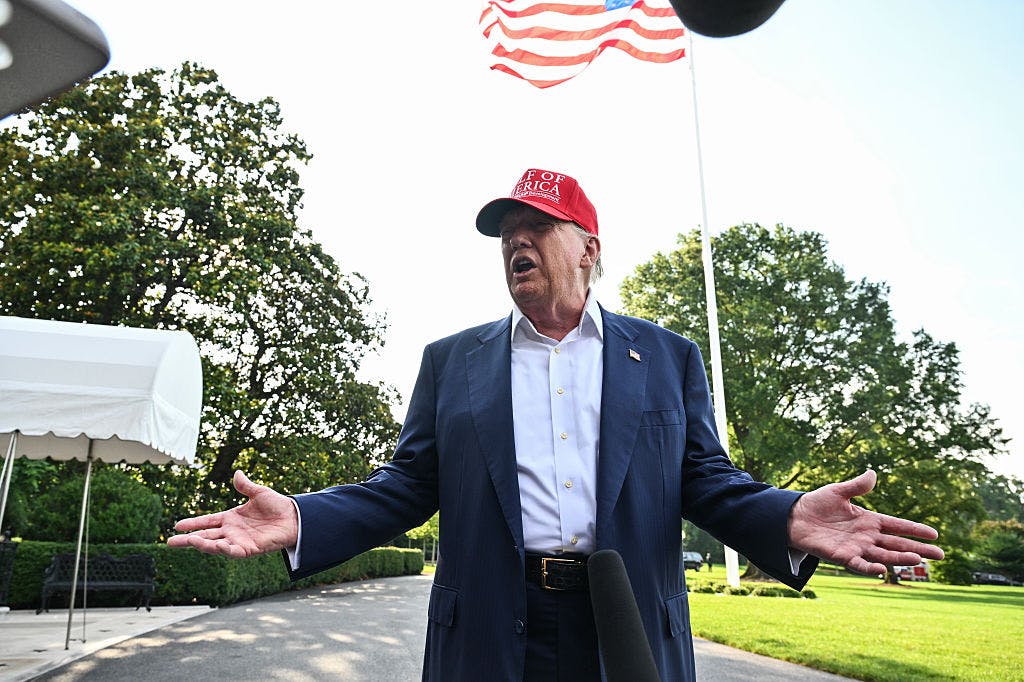U.S. collaboration with Pacific allies will deter aggression



Economic interdependence between industrial countries will prevent war. So stated: The Great Illusion, a book published in 1909 predicting war will not happen in Europe. This is the belief we held before Russia invaded Ukraine. This is also the belief we are holding now in the face of China’s vocal challenges. War was not inevitable in the 20th century and must not become inevitable in the 21st century.
War with China should always be the last resort. The United States must utilize all peaceful means to prevent such a military conflict. The United States must collaborate with Japan and other Pacific allies to deter against Chinese aggression. Peace in East Asia is the goal that we can achieve together.
In 2017, Shinzo Abe, then Japanese prime minister, first voiced the idea of a: “Free and Open Indo-Pacific.” China’s island-building in the South China Sea provides it with a strategic advantage. 21% of global trade transits in the South China Sea. Japan heavily depends on oil transports through the Malacca Strait. If China violates the freedom of navigation in the South China Sea, it can disrupt global trade lanes and create a devastating blow to Japan’s economy and defense capability.
Since 2006, North Korea conducted 6 nuclear tests and fired numerous ballistic missiles over South Korea and Japan. On January 10, 2024, Kim Jong Un declared that “South Korea is the principal enemy of North Korea”. China has been providing political support to North Korea since the ceasefire of the Korean War. North Korea has also sent more than 10,000 troops to Russia to aid Putin’s invasion. The unpredictability of Kim’s intentions creates a volatile and precarious situation in East Asia.
On October 14th, 2024, China deployed a record 34 naval vessels and 125 aircraft in a so-called military drill surrounding the island of Taiwan. President Xi repeats the irredentist dream and destiny of China to “reunify” with Taiwan by 2049. If the island of Taiwan falls under China’s control, it would pose a significant threat to the U.S. national interest. It would also jeopardize the national security of America’s democratic allies such as Japan, Australia, the Philippines, and South Korea. Finally, Taiwan produces 60% of the global share of semiconductors. The invasion of Taiwan would disrupt the global supply chain of high-tech products, and China would gain a substantial technological advantage.
President-elect Trump should revive the close relationship he established with Japan during his first term. Japan hosts 54,000 U.S. military personnel and is the U.S. closest ally in East Asia. In 2014, Japan passed a law to ratify collective self-defense with the United States. Our countries share the same values. President-elect Trump should encourage more military collaboration with Japan to guarantee freedom of navigation and protect the independence and sovereignty of Taiwan.
President-elect Trump should also provide more military training and defense weaponry to Taiwan so that it can defend itself. Taiwan’s national security directly impacts Japan’s national security, as well as our own. While the United States has no formal defense agreement with Taiwan and does not recognize Taiwan’s independence, the United States has a moral obligation to assist Taiwan in defending its freedom and democratic lifestyle. President-elect Trump should broker the creation of Japan-Taiwan military collaboration to enhance regional deterrence. He should also incentivize technological collaboration with Taiwan. The United States should become an alternative manufacturing hub to stabilize the supply chain of semiconductors in case of an outbreak of armed conflict in East Asia.
In 2007, the United States, Japan, Australia, and India created the Quadrilateral Security Dialogue. The dialogue creates an Asian Arc of Democracy and deters authoritarian ambitions. President-elect Trump should deepen the military, economic, cultural, intelligence, and technological ties between the Quad nations. Military power should not be the sole pillar to defend democratic values. The United States should tighten ties through exchanges as well.
President-elect Trump should also revive dialogue with Kim Jung Un and establish a direct communication channel with the hermit kingdom. The United States should strive to understand Kim’s intentions to steer North Korea away from Russian and Chinese influence and to mitigate his belligerent behavior. At the same time, the United States should strengthen collaboration with South Korea and Japan to establish a robust defensive alliance capable of deterring potential aggression from North Korea and China.
The ambivalent foreign policy of the British Empire invited the aggression of the German Empire in World War I. Relying solely on economic interdependence between the two empires did not prevent war from happening. The complete decoupling of the U.S. and China would be destructive to both countries and to the world economy. At the same time, the U.S. must protect and secure a steady supply chain of essential goods in case of a diplomatic fallout or war with China. Unlike the British before World War I, the United States must also present a strong stance demonstrating its commitment to defend democratic allies and the freedom of navigation. Peace through strength is not warmongering.
The United States is not seeking war with China. The United States should increase its options for peaceful means to reduce the likelihood of military conflict. Further military, economic, cultural, intelligence, and technological collaboration between the United States, Japan, and other Pacific allies will increase deterrence. Our unity and strength will keep the Pacific and the world at peace.
Kevin Ho is a graduate student at George Washington University pursuing Master’s Degree in International relations.
What's Your Reaction?
 Like
0
Like
0
 Dislike
0
Dislike
0
 Love
0
Love
0
 Funny
0
Funny
0
 Angry
0
Angry
0
 Sad
0
Sad
0
 Wow
0
Wow
0
